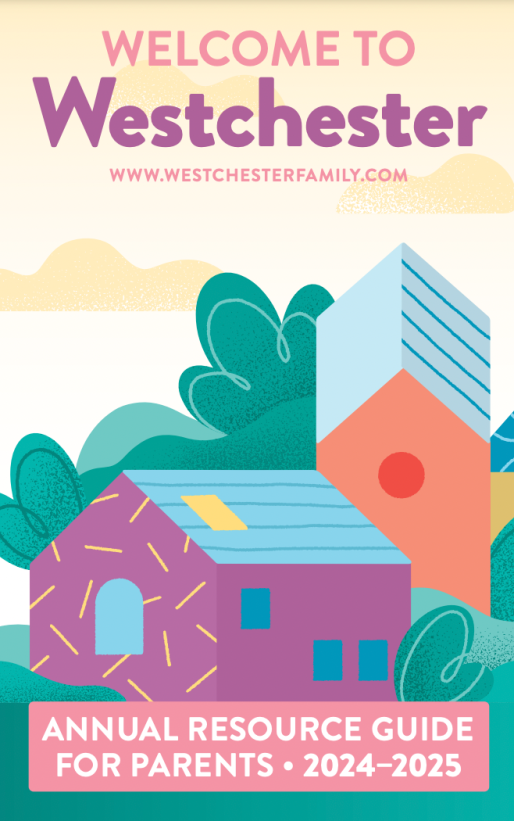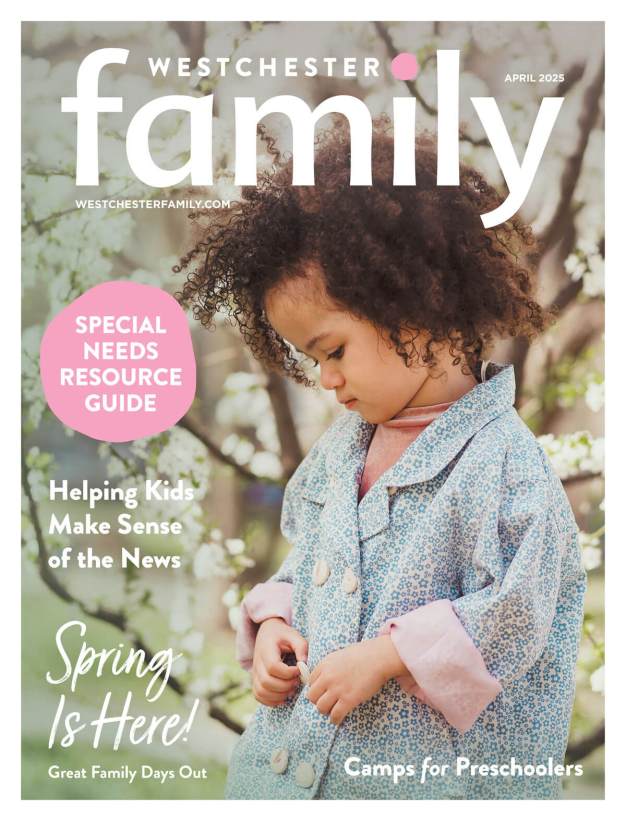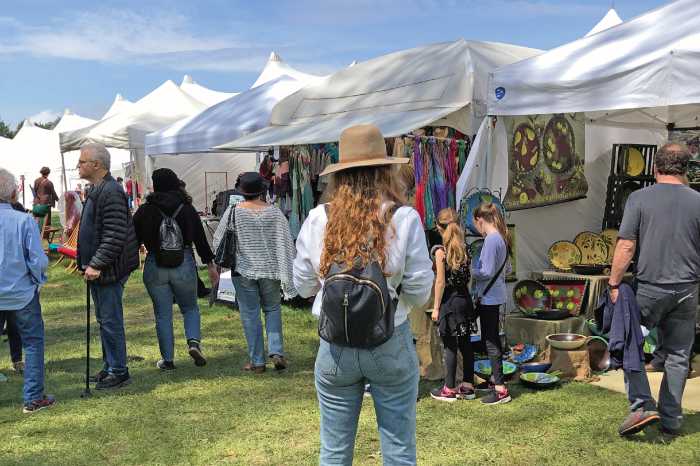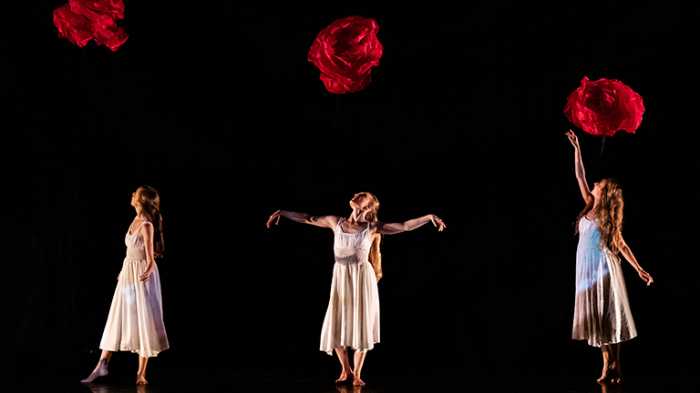Last spring, my vacation was ruined when my doctor called with the news — I had stage two triple negative breast cancer and needed to undergo chemotherapy and radiation treatments. The diagnosis shattered my world. It meant hair loss, fatigue and other side effects, but I was determined to fight hard and knew I would have a strong support system around me.
Unfortunately, I was surprised to find out that some so-called good friends and even some close family members, who I thought would be by my side throughout the hardest fight of my life, would never even show up. One family member, who lives only 20 minutes away from me, texted occasionally — mostly when I texted updates — but never came to see me. There was no lasagna, no help with my lawn and not even a hug.
For some breast cancer patients, there are no pink team T-shirts or fundraisers and the doorbell doesn’t ring with neighbors bringing food donations. Some breast cancer patients even go through all their chemo and radiation treatments alone. When you’re dealing with breast cancer, you really should “expect the unexpected.”
As for me, I didn’t expect my circle of writer friends to support me the way they did. They made me comforters and mailed me a bunch of surprises. They checked in daily, sent funny videos to cheer me up and called me when they sensed that things were tough. I wouldn’t have made it through without them. I also reconnected with an extremely close friend who I missed dearly and she visited me and sat with me during chemo treatments.
Marriage Stress
Some women are surprised to find out how diagnosis and treatment can strain even the best of marriages. My oncologist told me that she has seen many divorces during breast cancer treatment. “Some people just can’t handle it for a variety of reasons,” she says.
Maryann Glass-Moussouros is happily married, but bravely admits that her relationship with her husband Jordan was strained during her treatment. Diagnosed in 2015 with stage three triple negative breast cancer, Glass-Moussouros, now 33, underwent a double mastectomy, chemotherapy and radiation treatment.
“You expect that your spouse will step up and help you get through it, but it’s not always the way you expect,” says this White Plains mother of Zachary, 7 and Zoey, 4. “My husband was just as depressed as I was with my diagnosis and retreated into his own world for some time.”
However, it was her mom, mother-in-law and new mom friends who came through for her. “I expected my family to help us,” she says. “But I didn’t expect that my mother-in-law would take care of me as if I was her own daughter, and my mom would drive up every day from Queens for two years to help with my children.”
Last year, Lisa Ramondelli Maskara was diagnosed with stage four metastatic breast cancer. The 52-year-old had to stop working to undergo months of chemotherapy. Her support circle was huge as family, friends and her community hosted fundraisers, made dinners and helped however she needed it. “I also reconnected with my Sacred Heart High School class of 1984,” she says.
Looking back, the only person missing from the early months of her fight was her best friend. “She was the one person I thought would’ve been there for me since the beginning, but wasn’t,” says Maskara, a Yonkers resident and mother of two grown children, 22-year-old Kristan and 20-year-old Mark. “She just didn’t know how to process it all.” It took a few months, but Maskara says that her best friend has since come around and been by her side ever since.
Nine years ago, Rebecca Pine was diagnosed with invasive ductal carcinoma and underwent a single mastectomy. She was also taken aback by how those around her reacted. “There were friendships that fell away and others that blossomed,” says the now mom of four. “People are afraid when someone is going through a hard time. They aren’t trying to be unkind, it’s that they don’t know how to handle it.” Pine explains that breast cancer brings about many changes – positive and negative – and patients need to handle each hurdle one at a time. “It’s the only choice we have,” she says.
Coping Skills
Whether you have a herd of supporters or are surprised to find yourself without those you expected to count on, the bottom line is that all breast cancer patients need to find ways of coping that work for them.
Maskara found that adult coloring helped her get through the hard times. “I would sit on the floor and color every night, surrounded by the things that people sent to me, and color a page for someone,” she says. “I am also a people person and wanted people around me, visiting and talking to me.” She also found that journaling and writing about her experiences on Facebook helped her as well. “Every day I woke up, I also thought about what could make today a good day even if I didn’t feel well, so I would put on makeup or put on a cute hair piece,” she says.
Pine said that she’s always been drawn to nature, so she spent as much time outside as possible during her treatment. “I moved to Long Island and spent time at the beach and it struck me how the sea has the power to change things and make rough jagged rocks polished and smooth. I wanted my recovery to be polished and smooth too.”
As a self-professed creative person Pine also journaled and worked with clay as her outlet. Today, she gives back to others who are now going through this journey through the project she co-founded, The Breast and The Sea. She has interviewed 75 survivors, previvors, and those living with active disease, as well as several experts in the field of breast cancer treatment and weaves them together to offer strength and courage for others on the website thebr
“As a part of The Breast and The Sea I run a support circle where patients can talk about what’s going on with them – hopes, joys and fears,” she says. She also says that guided meditation is another effective coping mechanism. “Participants are encouraged to close their eyes and relax and I speak slowly and calmly and help to create a scene that’s optimal during healing,” she says. “There’s so much to focus on medically and there’s an inner peace that gets pushed aside, so this is a way of prioritizing ourselves again.” Pine also provides a workshop series on creative expression for breast cancer survivors at WestMed in Rye.
To help her cope, Glass-Moussouros found that keeping a sense of normalcy was effective. “Even if I didn’t feel like it, we did things like going apple picking, even though I was exhausted,” she says.
She also loved to talk to others going through the same thing and followed the “I Had Cancer” page on Facebook, a site that provides information on dealing with cancer from others who have already walked the journey.
Her advice to those who are just getting the news, “Don’t be afraid to be afraid,” she says. “Everyone will tell you to be strong, but it’s OK not to be from time to time. It’s OK to fall apart sometimes.”
Lisa Iannucci is a freelance writer and a recent breast cancer survivor.
More Ways to Cope
Looking for more ways to cope with your breast cancer diagnosis and treatment? Try these.
Express: Creative Expression Series for Breast Cancer Survivors. An eight-series workshop offers the support of others who have gone through breast cancer. Each week, the group focuses on positive, artistic projects including journaling, drawing, collage work and painting. At the same time, this offers a safe space to discuss treatment issues, recovery, long-term effects, and the many ways that breast cancer affects a woman’s emotional landscape, physical appearance and sense of femininity. Rebecca Pine, a nine-year breast cancer survivor who was treated at Westmed, runs this free peer-facilitated support group. If you have missed the first session you can still attend. Time/dates: 10 a.m. to noon. Sept. 15, Nov. 17, Jan. 12, 2019, Feb. 9, March 9, April 13, May 11 and June 8. Contact Rebecca Pine at rp@re
Read: Cat Gwynn was diagnosed with breast cancer and her family wasn’t there for her, but her friends were. She even wrote a book, 10-Mile Radius – Reframing Life on the Path Through Cancer (Rare Bird Books, November 2017), a photo memoir of how she dealt with her own cancer. Reading about what others have gone through can often be therapeutic.
Meditate: Studies have shown that meditation, and guided meditation, can help breast cancer patients cope with stress. The YWCA in White Plains provides free meditation classes for breast cancer patients and survivors of every phase of your journey on Wednesdays, from 7:15 to 8:15 p.m. To learn more or register for classes, contact: Ashley Hardesty at 914-949-6227, ext. 208 or via email ahard
Join a support group: Because of the Internet, you don’t have to attend an in-person support group. There are online groups of cancer patients and survivors where you can find advice and compassion from others who have walked the journey before you. You can find in-person support groups through the Susan G. Komen website at ww5.komen.org/












